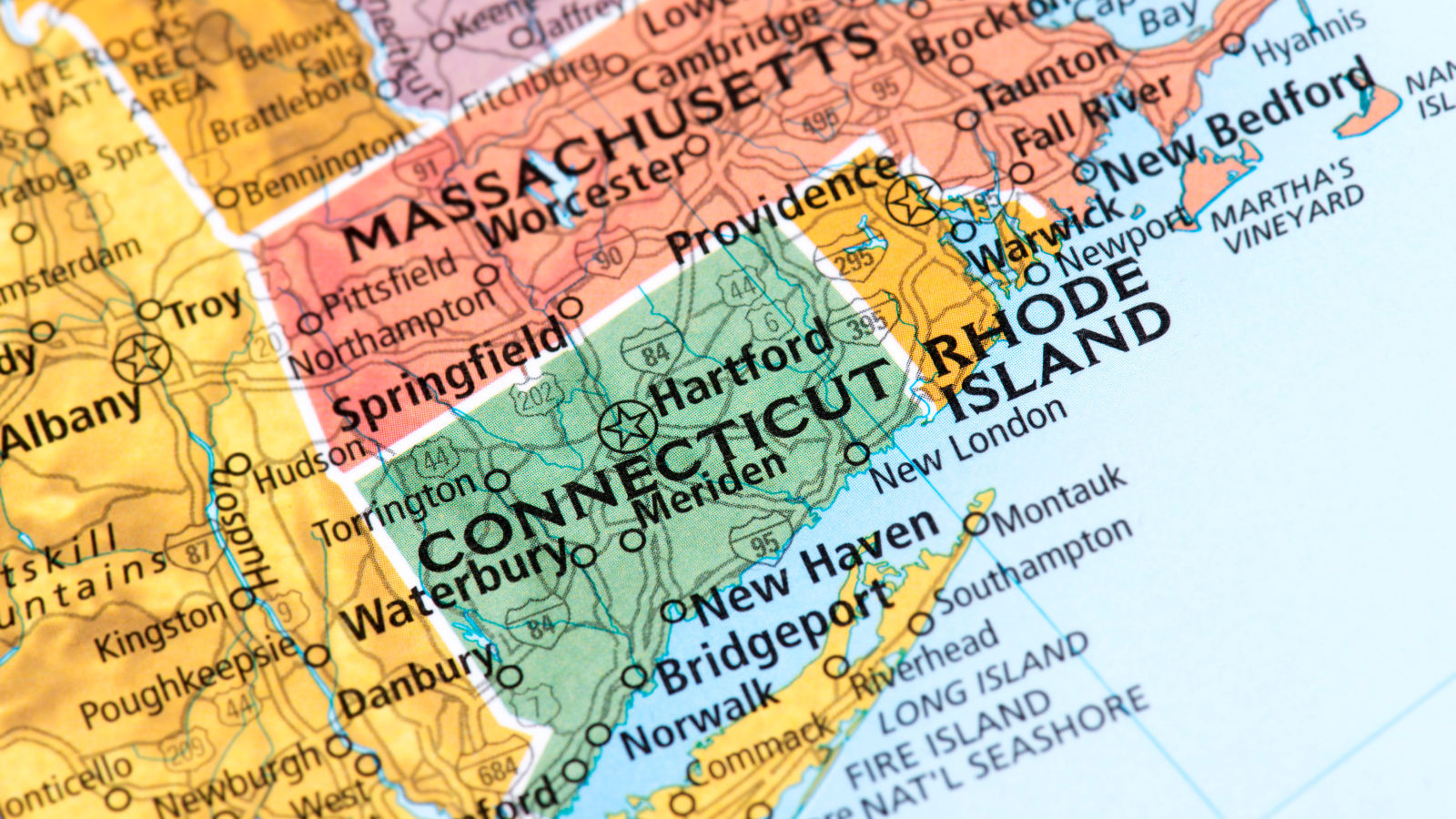Mars and DHL Establish Logistics Hubs, Achieving a 7.7% Reduction in CO2 Emissions
🚚 Mars and DHL Establish Logistics Hubs, Achieving a 7.7% Reduction in CO2 Emissions.
Mars and DHL have collaborated to establish new logistics centers in the UK, utilizing advanced technology to reduce CO2 emissions by 7.7%. The investment of £350 million has resulted in state-of-the-art facilities at London Thames Gateway, significantly cutting Mars UK's logistics carbon footprint. The warehousing facility, which is one of the tallest distribution centers in Europe, incorporates sustainable features such as 3,700 solar panels generating 27% of the site's power and a BREEAM 'Outstanding' rating for its sustainability.
In the dynamic landscape of transitioning to cleaner energy sources, the latest clean energy report from BloombergNEF and the Business Council for Sustainable Energy reveals a surprising trend: U.S. coal-fired power plants are closing their doors at a swifter pace than previously anticipated.
Rescuers are intensively searching for a man trapped beneath the debris of a collapsed coal processing building in rural Kentucky, with hopes of finding him alive, despite one worker being declared dead in the incident.
Tragedy strikes as at least one worker has died and another remains trapped in the collapsed coal preparation plant in Eastern Kentucky.
Over 30 coal cars derailed near I-25 due to a broken rail, causing a bridge collapse and closing the interstate.
A coal train derailed over Interstate 25 in southern Colorado, killing the driver of a semi-truck.
Ships transporting goods in and out of the European Union will soon face significant emissions-related costs as they join the bloc's Emissions Trading System (ETS) starting in January 2024.
Monjasa, one of the world's top 10 marine fuel suppliers, is working to establish a sustainable and scalable biofuel option for the maritime industry in Latin America.
In the maritime shipping sector, climate change is a pressing concern, and recent developments reflect both hope and challenges.
Calstart, a non-profit environmental advocacy organization, has released a report on phasing in charging infrastructure for zero-emission, battery-electric commercial trucks.
The shipping industry may struggle to secure enough carbon-neutral fuels to meet the 2030 maritime emission targets, according to DNV.
The U.S. government's ambitious plan to cut greenhouse gas emissions from passenger vehicles is facing skepticism about its feasibility and whether it goes far enough.
Connecticut's commitment to becoming zero emission by 2035 stems from a growing recognition of the urgent need to address climate change and its adverse effects on the environment and public health.
Amazon reports a decrease in carbon emissions for the first time since the company began reporting the figure.
The Diesel Technology Forum (DTF), a trade group representing suppliers in the diesel engine supply chain, is positioning diesel engines as a leading force in achieving a cleaner future for the trucking industry.
The number of near-zero-emissions diesel trucks on the road increased by 10.2% between 2021 and 2022, according to the Diesel Technology Forum.
Daimler Truck, the truck division of Daimler AG, has outlined its plans for a transition to zero-emissions powertrains and projected revenue growth of 40%-60% in the second half of the decade.
A report by Breakthrough, a transportation management technology provider, reveals that consumer demand for sustainable products is driving shippers and carriers to adopt more eco-conscious practices.
CALSTART, a clean transportation consortium based in Pasadena, California, has launched the Cal Fleet Advisor (CFA) program to assist trucking fleets in transitioning to zero-emission vehicles.
Mars and DHL have collaborated to establish new logistics centers in the UK, utilizing advanced technology to reduce CO2 emissions by 7.7%.
Walmart suppliers have made significant progress toward achieving the retailer's goal of reducing greenhouse gas emissions from its value chain.
Global temperatures have risen by 1.1 degrees Celsius above preindustrial levels, leading to increased CO2 concentrations in the atmosphere not seen in millions of years.
BloombergNEF predicts that global electric vehicle sales will more than double by 2026, reaching around 27 million units, driven by strong sales in China and the US.
Tracking and reducing Scope 3 emissions in supply chains is a major focus for companies like Nike, McCormick, and The Estée Lauder Companies.
Toyota has released a study suggesting that electric vehicles (EVs) may not be necessary to significantly reduce carbon emissions.
DHL and Formula 1 are partnering to enhance sustainable logistics by introducing a fleet of 18 biofuel-powered trucks for European Formula 1 races by 2023.
Tesla has released its 2022 impact report, which for the first time details its Scope 3 emissions.
California Air Resources Board (CARB) has approved rules that all new medium- and heavy-duty vehicles sold or registered in the state should be zero-emission by 2036 and all trucks to be zero-emission by 2042.
The Environmental Protection Agency (EPA) has announced new greenhouse gas rules for medium and light-duty vehicles.
Ever since the war started between Russia and Ukraine, many European countries have reverted to using coal and other less environmentally friendly practices.































In the vast salt deserts of western India, a colossal energy project is underway, transforming barren landscapes into a renewable energy powerhouse.